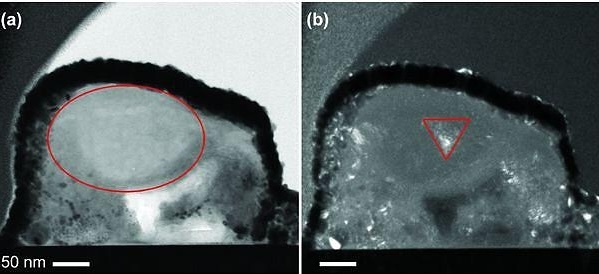23.04.2024

New research pinpoints the timeline of the Solar System's giant planets moving into their current orbits, showing these changes occurred between 60-100 million years after the Solar System formed. This shift is crucial for understanding events like the formation of the Moon.
A team from the University of Leicester, utilizing a combination of simulation, observation, and meteorite analysis, has updated our understanding of the Solar System's early dynamics. Their findings are published in the journal Science and were discussed at the European Geological Union General Assembly in Vienna.
Initially, the giant planets-Jupiter, Saturn, Uranus, and Neptune-orbited in a tighter and more circular pattern. It is believed that an event caused these orbits to destabilize and expand, leading to what is known as the Late Heavy Bombardment where many small planetesimals crashed into the inner planets.
"The real question is the timing of these events," said Dr. Chrysa Avdellidou, lead author from the University of Leicester. "The rearrangement of these planetary orbits was not just a random event but one that followed specific dynamical processes that we are beginning to understand."
The team specifically investigated enstatite chondrites-meteorites with compositions similar to Earth's. These originated from a large body closer to the Sun, believed to be the destroyed asteroid Athor. Through ground-based telescopic observations, they connected these meteorites back to their source, providing evidence that supports the timing of the planetary movements.
The correct timing of these events is key to understanding when other Solar System characteristics, such as the Moon's formation and the delivery of volatile compounds to Earth, occurred.
"This isn't just about putting together a timeline; it's about understanding how our Solar System developed in a way that allowed Earth to become habitable," Dr. Avdellidou added.
Marco Delbo, co-author and Director of Research at Nice Observatory in France, emphasized the importance of timing for clearing early solar debris, affecting how materials were distributed to Earth and Mars.
Quelle: SD
